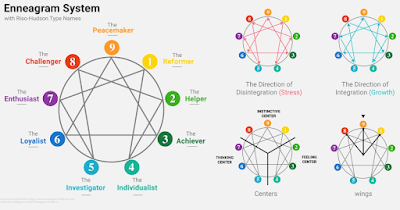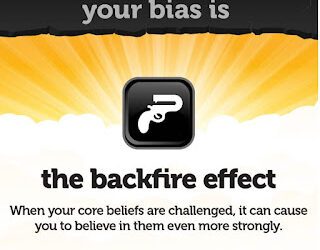Think of all your favorite apologists. What are their degrees in? Most have philosophy or theology degrees. Then there are a good number with degrees in the hard sciences or mathematics. However, there aren’t really any apologists with a graduate degree in psychology. I know of a handful of lower-level apologists, including myself, who have a master’s in psychology or a related field, but none that I know of are explicitly integrating psychology into apologetics.

they are largely exaggerated in pop-culture
My goal with this blog is to help fill the psychology gap in apologetics, which I think could be a tremendous benefit to the field of apologetics. Psychology is a very broad field that touches everything people do. It’s so much more than just therapy. Psychologists scientifically study just about everything you can imagine about people, including things most people don’t think about as science like music, art, beauty, leadership, teaching, and morality.
Broadly speaking, I think there are four ways psychology can benefit apologetics.
- Psychological science can help apologists write and speak in ways that are more persuasive.
- It can support and strengthen some philosophical and historical arguments or responses to objections with empirical data.
- It can clear up confusion about misconceptions people have about the mind or human tendencies.
- It can add a couple additional arguments to the apologist’s toolbox.
Those are the broad ways psychology can be useful for apologetics. Most of what I write here will relate to both psychology and apologetics; however, I will write on science in general and other theological topics as well.



